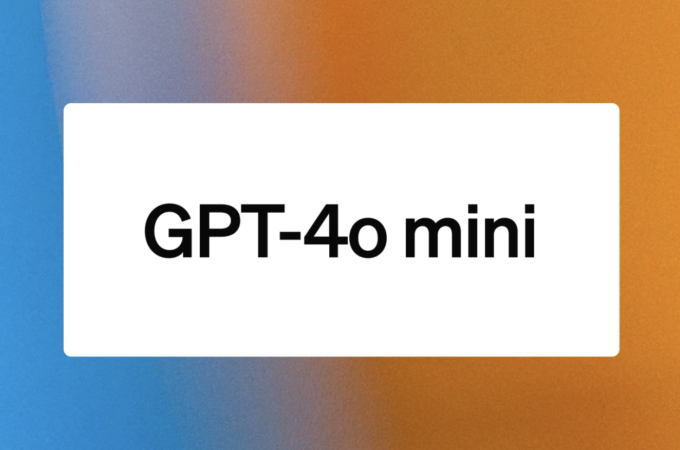
Mobile payment transactions soar in US and UK
By Laura Noonan for Financial times
Mobile payment apps are soaring in popularity in the UK and US, but the world’s least developed countries are making almost no progress in the move to eliminate cash and cheque transactions that cost them billions of dollars annually.
The latest digital money index from Citigroup and the Imperial College London — which counts everything that is not cash or cheques as “digital” — reveals a deepening divide between the most and least “digital ready” countries.
Finland topped the index for the third year running followed by Singapore and the US, which have been in the number two and number three slot respectively since 2014. The UK rose three places in 2015 to fourth.
Overall, though, progress was slow in 2015 and the report noted that the journey towards digital money would be a “lengthy one”. Mr Dave said the latest research showed that customers’ attitudes were the main thing holding countries back — not market supports, technology or digital money products.
“We looked at six countries where we saw an improvement in digital money solutions . . . but countries only saw a change in rank where they were able to materially impact consumer ‘propensity to adopt’,” said Mr Dave. “Culture as a barrier came to the front.”
Bankers in the UK — which had the joint biggest improvement of any country in the top quartile — said there had been a surge in popular adoption of new digital payment technologies over the past few years. Barclays’ mobile payments app Pingit hit its millionth business transaction in January, up from 100,000 a year ago. Contactless payments have driven a surge in card usage over cash for smaller transactions across all banks, and apps with built-in payments such as Uber are also reducing cash use.
Ashok Vaswani, chief executive of Barclays Personal & Corporate Banking, said customers “now expect banking to be completely on their own terms and instantly available on digital and mobile so that they can access their money and make payments whenever and however it suits them”.
Marion King, director of payments for Royal Bank of Scotland, said customers were “keen to adopt methods which are quick, easy to use and secure — these are cornerstones of our innovation strategy”.
Citi’s Mr Dave said governments had a real role to play in emerging markets countries, where up to two-thirds of state disbursements are still done through cash or cheques. Citi estimates $150bn could be saved globally every year by digitising only a quarter of these payments, by eliminating the cost of cash transactions and reducing fraud.
Another $150bn annually could be saved if only a quarter of retail payments were digitised, while up to $100bn could be saved through digitising a quarter of SME collection transactions.
Tom Thackray, acting director of competitive markets for UK business lobby organisation the CBI, said: “Digital payment systems are an important tool for small businesses looking to scale up, particularly for improving cash flow and efficiently managing sensitive data. A continued focus on innovation, security and simplicity is crucial to getting more small businesses using these digital systems.”
“What we found this year is actually pretty stark,” said Citi’s global digital strategy head Sandeep Dave. “The incipient countries that have a long way to go, they almost showed a zero improvement against 2014 scores [while] the materially ready countries showed the most improvement.”





